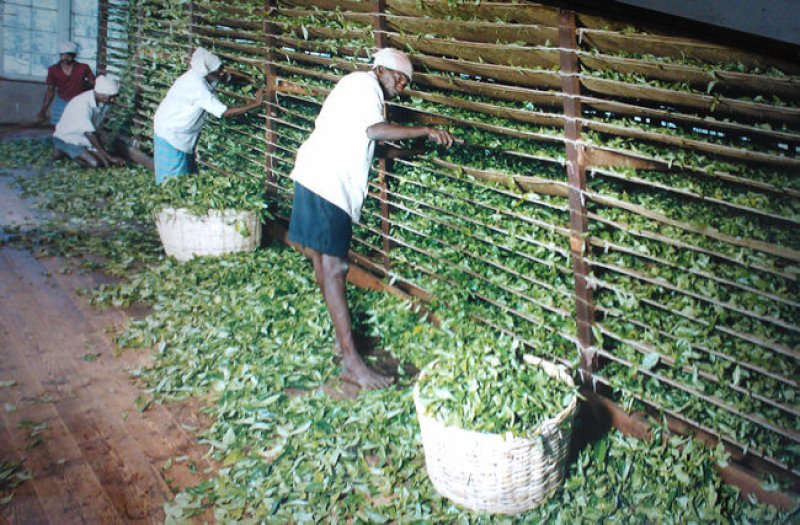With Sri Lanka in the throes of its worst ever economic crisis, its prosperous tea industry has taken a hit, with exports dropping drastically.
The island nation’s ongoing financial and political crisis has crippled its lucrative tea industry, which is crucial for the country’s economy.
…
“Production of tea has fallen by 18% and this has been largely on account of shortage of fertilizers and fuel. We need a course correction soon and there should be no major disruptions here on,” Jayantha Karunaratne, Chairman of the Colombo Tea Traders Association, told DW.
Many pin the current crisis affecting the tea industry on adopting wrong policies without consulting industry experts.
In 2015, former President Maithripala Sirisena banned the import and use of glyphosate, and other chemical fertilizers, without any reported consultation with the Tea Research Institute or stakeholder representatives. No alternative herbicides were proffered.
“Then, in 2021, the [recently] ousted President Gotabaya Rajapaksa, again with no consultation with the industry, banned not only all chemical fertilizers, but also all pesticides and herbicides. Officials who disagreed with this policy were fired or forced out of their jobs,” Rohan Pethiyagoda, former chairman of the Sri Lanka Tea Board told DW.































